Here’s the next episode of the UNCENSORED Podcasts Season 2.
Today’s topic: Protecting your psychic space from information overload
Learn how to protect yourself from getting distracted from your goals
Do you think others are concerned about your health -or- do they just want to be right?
- Before the internet everyone relied on magazines or libraries.
- Now there is a 24 x 7 endless stream of never ending opinion and anecdotes.
- Everyone will have an opinion. Even if you are successful you must be doing something wrong.
- The secret is; there is no secret
- Before the internet and knowing that Leptin even existed in the body people figured out how to get fit.
- For the people who have already gotten in shape; you know what you did, you know what worked, keep listening to your own body.
- The old fashioned simplistic approach that has always worked will be attacked
Today Brad and John will talk about how to protect yourself from information overload and paralysis analysis.
IMMERSION Clients May Login and Download Podcast Here
Not a Venus Index IMMERSION client? Click here to find out more… and hear a weird story too



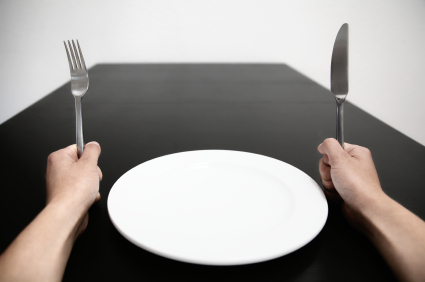
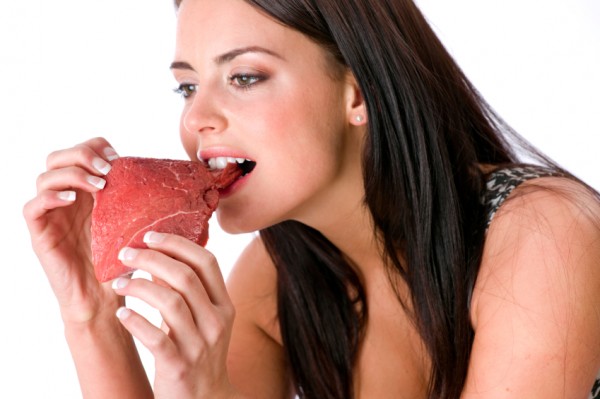
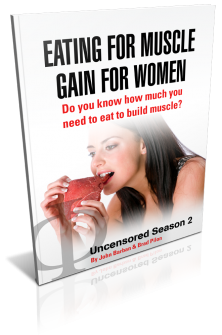

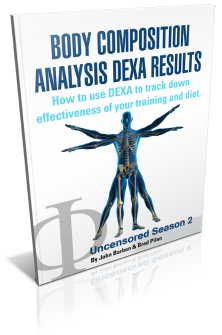

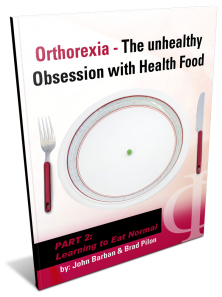


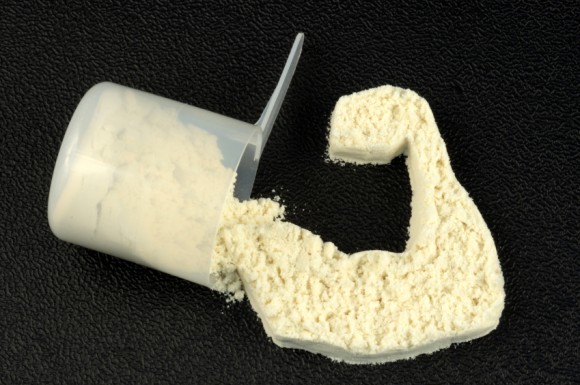
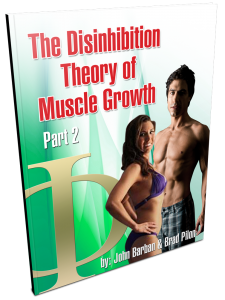
New Comments